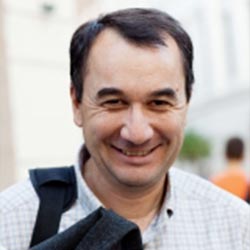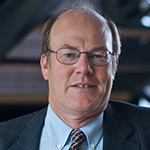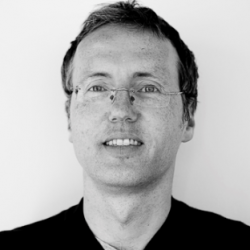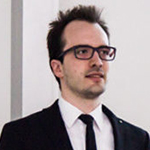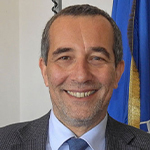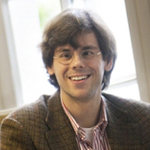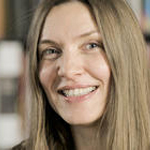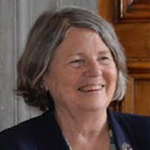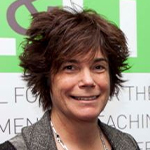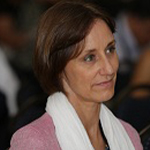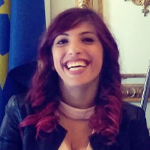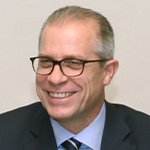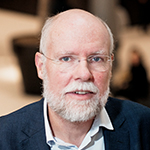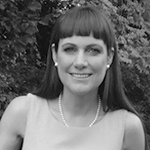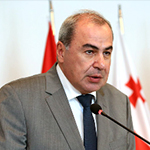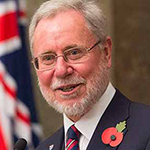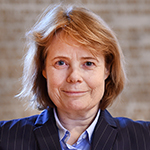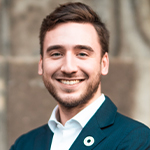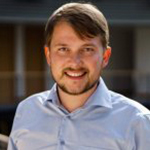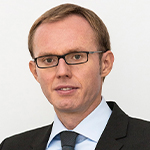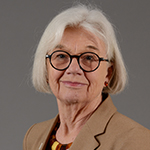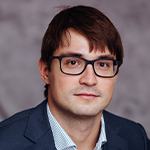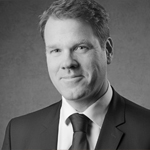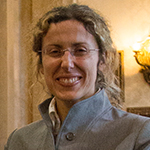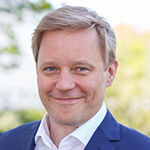Autonomy, academic freedom, equity and integrity have entered common usage in recent decades. They are considered to be among the core values of academia and crucial conditions for trust and reliability. Yet making declarations about such principles of good practice isn’t the same as actually embracing and practicing them.
Clientelism, commodification, corruption are only a few among the many deviations from good and fair practice. Operational autonomy of universities in relation to the state is often followed up by new and other regulators that are more influential than state bureaucracies have ever been. How can universities be safe havens of open debate and free expression in times of high political tension? How to build strong communities of shared values and how to monitor living or cheating academic values in the EHEA – these are the types of questions that we would like to see addressed.
Similarly, we would welcome contributions on knowledge production, transmission and dissemination as a public good. The high days of the concept of the public or common good in relation to higher education and research seem to be over. How to bend this trend?

